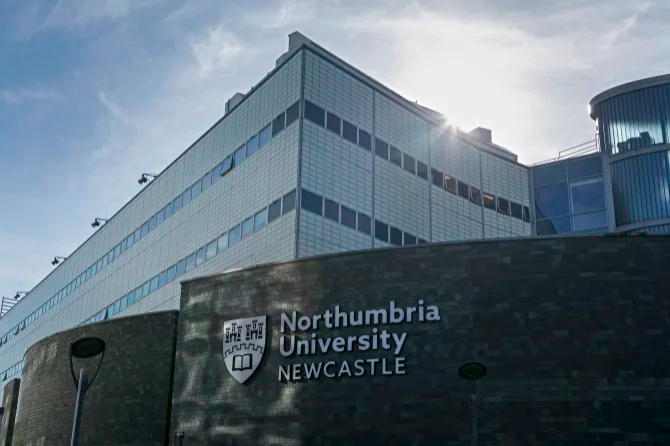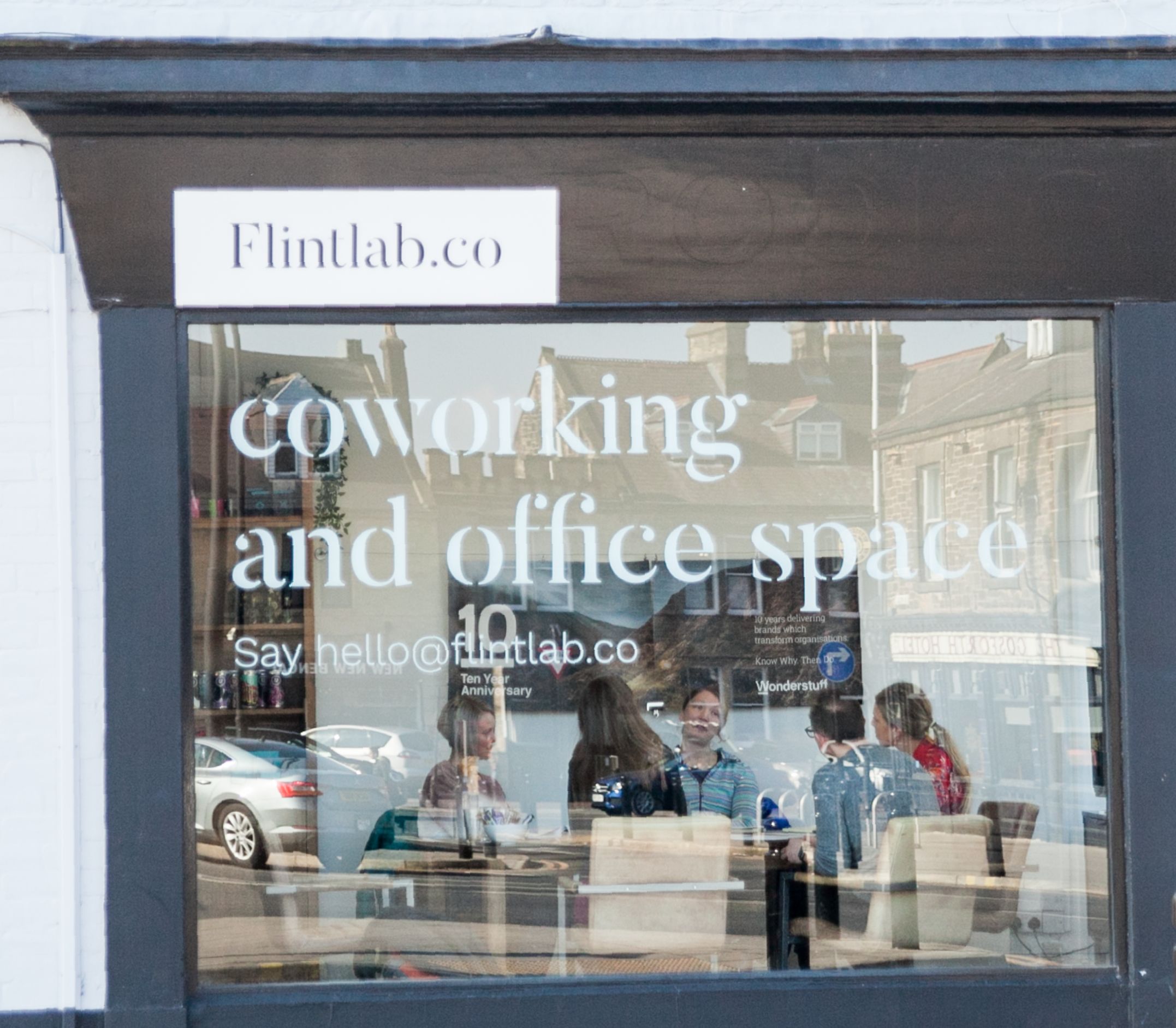
Crowdfund North East LEP: Worldbeaters
The North East Local Enterprise Partnership has partnered with Crowdfunder to make up to £5,000 in match funding available to help small businesses continue to trade through the coronavirus pandemic.
Crowdfund North East LEP allows small businesses employing no more than 10 full-time equivalent employees to secure match funding to boost their own crowdfunding efforts.
There are 45,800 eligible small businesses across the North East and many are in urgent need of financial support. The funds released by North East LEP will provide urgent relief for those businesses most in need who do not qualify for other government funding schemes. The match funding is being sourced from the North East Investment Fund and will total up to £1 million.
Below is a case study of Worldbeaters – producers of the acclaimed interactive street theatre show, Spark!, – which has benefited from Crowdfund North East LEP.
To find out more about Crowdfund North East LEP, raise funds for your business, or donate to a small business in need, please click here.
Please introduce yourself, your company, and tell us why you fundraised through Crowdfunder.
I’m Chris Maines-Beasley, a Director of Worldbeaters based in North Shields. We are producers of Spark! – an interactive street theatre show that combines drumming, movement, clowning, dazzling costumes and lots of light! We created the show in 2012 here in the North East, and it has toured the world ever since!
Arts and events have been hit as hard as any other other sector by COVID-19 and we know we have to adapt our show for the new realities ahead. Our biggest asset is our bank of self-employed performers. We depend on them as much as they depend on us, so it was crucial that we found a way to support them during this difficult time. Crowdfunding was a perfect fit as it connected us to our many fans around the world for them to directly support a show they love.
How easy was it to set up your crowdfunding campaign and apply for the North East LEP’s match funding?
It was pretty straightforward. There was minimal form filling: just all the info that any business will already have to hand.
Then came the fun part of creating our ‘message’. We already had a lot of nice visual material that we could use and we had a real clarity of purpose in that 100% of the money raised is going directly to support our performers to rehearse and rework the show. That clear message was important. Crowdfunder provide lots of useful advice and resources on their site to help with this, and good supportive advice as the process went along.
We did not offer any tangible rewards, so we had to work hard to make the connection between the performers and potential supporters. That was really satisfying. The performers made a nice video speaking directly to supporters, and the feedback we had from those who donated was that that human connection to the ‘story’ of the performers was crucial.
What difference will the match funding from the North East LEP make?
It was absolutely essential for us and we would not have started the Crowdfunder without knowing it was available. To raise our £10,000 target on our own felt a little daunting, but knowing that the North East LEP would match half of that gave us the confidence to start.
We also know the match-funding was very important to our supporters and we made a lot of that fact that their £50 donation would actually be worth £100 to us after the North East LEP matched it. It made people feel like they were giving double and was a real win for us in getting donations.
All of the money raised is going to pay our performers for rehearsals and to adapt the show to be more COVID-ready. It’s crucial to ensure that we still have a show to offer when events resume again in the future.
Would you encourage other businesses to start their own crowdfunding campaign using Crowdfund North East LEP?
Absolutely. Go for it! It’s such a flexible type of fundraising that you really can tailor your approach to fit almost any product or need. As well as the money raised, the act of crowdfunding helped us have a focus during these difficult times and to keep our team motivated for the future.
Upon successful completion of the Crowdfunder, the money was in our account within a few days. We were able to begin our COVID-safe rehearsals and start paying our performers immediately. It feels great to be back working together again.
I really recommend that North East businesses have a go at crowdfunding in this way. It was actually a lot of fun and has helped our business and our team to adapt and be in the best shape to hit-the-ground-running again when things pick up again. Hopefully we’ll see you out on the road soon!







